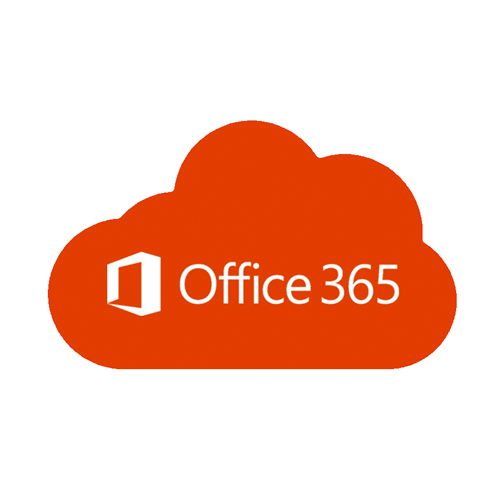How to Choose the Best Software for Your Business Needs
Selecting the right software for your business is a crucial decision that can significantly impact productivity, efficiency, and growth. For businesses in Sri Lanka, finding software tailored to specific needs while staying within budget can be challenging. This guide will help you evaluate software features, compare free and licensed software, and consider essential factors like cost, compatibility, and support to make the best choice for your business.
Contents
Tips for Evaluating Software Features
- Identify Your Business Needs:
- Start by listing the challenges your business faces and the goals you aim to achieve. This will help you identify the key features you need in software.
- Example: If managing finances is a priority, look for accounting software with invoicing, expense tracking, and tax compliance features.
- Scalability:
- Choose software that can grow with your business. Scalability ensures that the software remains effective as your operations expand.
- Example: Cloud-based tools like Microsoft 365 and Google Workspace offer flexible plans suitable for businesses of all sizes.
- Ease of Use:
- A user-friendly interface is critical to ensure quick adoption by your team. Request demos or free trials to test the software’s usability.
- Integration Capabilities:
- Check whether the software integrates with your existing tools. Seamless integration reduces disruptions and improves efficiency.
- Security Features:
- Prioritize software with robust security measures to protect sensitive business and customer data.
- Example: Look for features like data encryption, multi-factor authentication, and regular updates.
Comparing Free vs. Licensed Software
- Free Software:
- Advantages: Cost-effective, often suitable for startups or small-scale operations with basic needs.
- Disadvantages: Limited features, lack of customer support, and potential security risks.
- Examples: Open-source tools like LibreOffice or GIMP can be alternatives to premium solutions but may not offer the same level of polish or support.
- Licensed Software:
- Advantages: Comprehensive features, regular updates, dedicated customer support, and enhanced security.
- Disadvantages: Higher upfront or subscription costs.
- Examples: Microsoft 365, QuickBooks, or Adobe Creative Cloud provide professional-grade tools and scalability for growing businesses.
- Which to Choose?
- If your business requires advanced features, security, and scalability, licensed software is the better option. However, for simple tasks or tight budgets, free software may suffice temporarily.
Factors to Consider: Cost, Compatibility, and Support
- Cost:
- Consider the total cost of ownership, including upfront fees, subscription charges, training costs, and potential upgrades.
- Avoid choosing software solely based on price; focus on the value it brings to your business.
- Compatibility:
- Ensure the software is compatible with your existing hardware and operating systems.
- Example: Check whether the software works seamlessly on both Windows and Mac systems or if it supports mobile devices.
- Support:
- Reliable customer support is essential for troubleshooting and ensuring minimal downtime.
- Choose software that offers multiple support channels, such as email, phone, or live chat, and verify the availability of support during your working hours.
- Vendor Reputation:
- Research the software vendor’s reputation through reviews, testimonials, and case studies.
- A reputable vendor often indicates high-quality software and reliable after-sales support.
Conclusion
Choosing the best software for your business in Sri Lanka requires careful evaluation of features, cost, compatibility, and support. By understanding your specific needs and comparing free and licensed options, you can make an informed decision that maximizes productivity and efficiency. Prioritize software that aligns with your business goals, offers scalability, and provides robust security to protect your operations and data.
Whether you’re a startup or an established enterprise, the right software can be a game-changer. Invest wisely to empower your business and achieve long-term success.



 Windows 11
Windows 11 Windows 10
Windows 10 Windows 8
Windows 8 Windows 7
Windows 7 Windows XP
Windows XP
 Microsoft 365
Microsoft 365 Office 2019
Office 2019 Office 2013
Office 2013 Office 2010
Office 2010 Project 2021
Project 2021 Project 2019
Project 2019 Project 2016
Project 2016 Visio 2021
Visio 2021 Visio 2019
Visio 2019 Visio 2016
Visio 2016
 Server 2008
Server 2008 SQL Server
SQL Server
 Avast
Avast Utility & Tools
Utility & Tools PDF Editor
PDF Editor CAD & 3D, 2D
CAD & 3D, 2D Graphics/Drawing
Graphics/Drawing Microsoft 365
Microsoft 365 Office 2021
Office 2021 Office 2019
Office 2019 Office 2013
Office 2013 Office 2010
Office 2010 Server
Server
